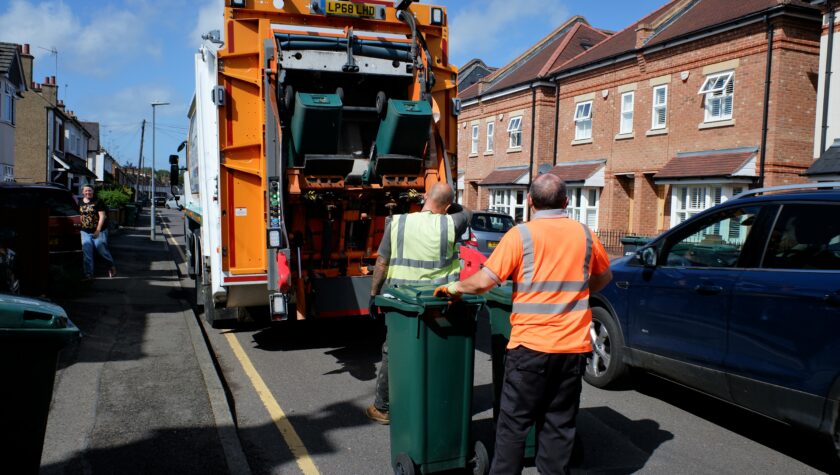The National Audit Office – the independent government spending watchdog – has this morning published a report highlighting what it sees as the lack of significant progress in delivering on the objectives set out in government’s waste management strategy, since its publication in 2018.
Its report – The government’s resources and waste reforms for England – identifies a lack of clear delivery plans from government about how it will create a more circular economy and improve current recycling rates. The NAO says that while some positive progress has been made on packaging reforms and plans for improving household waste collections, delays in implementation and a lack of clarity about when interventions will happen or how they will be funded, mean that local authorities and waste companies are uncertain about what the priority next steps will be, making decision making more challenging.
Professor Jim Hall of the National Infrastructure Commission said in response:
“Recycling more and reducing emissions from incineration and landfill are crucial steps to meeting the country’s net zero goals, and yet progress on recycling rates and expanding food waste collections is clearly stuttering. This report reinforces our own assessment that without a clear set of goals and delivery plans to turn its ambitions into action on the ground, the government risks missing its own targets.
“A crucial first step is giving local authorities and their waste management partners certainty about the standards they will need to meet, the timetable they must follow and what funding will be available to help them invest in new systems and support households to play their part. In our National Infrastructure Assessment this autumn we will set out what further action will be needed to create a more sustainable economy.”
These concerns are similar to those raised by the Commission in March this year in our Infrastructure Progress Review 2023, in which the Commission called for government to deliver a “step change” in recycling rates and create more consistent approaches to recycling by prioritising implementation of existing proposals which are being under consultation. The Review showed that recycling rates across local authorities in England have stalled in recent years, and that only one third of those authorities currently offered food waste collections.




